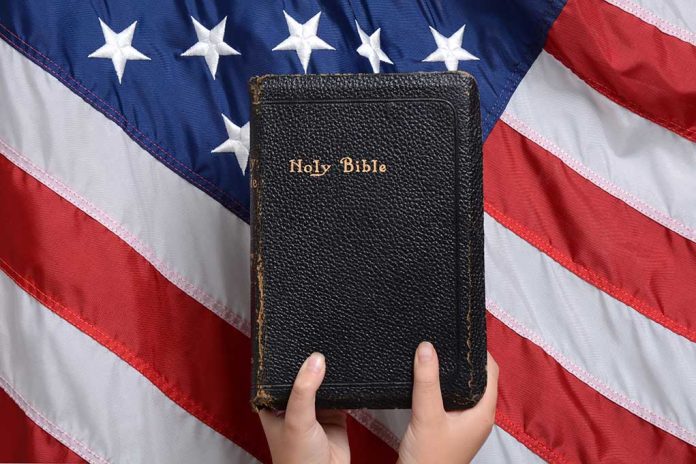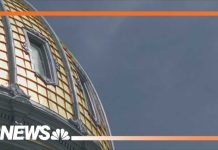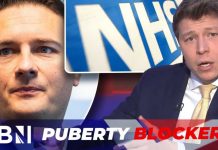
Donald Trump’s reinstatement of the White House Faith Office has sparked a multifaceted debate surrounding the goals, community impact, and controversy of appointing televangelist Paula White as its leader.
Top Takeaways
- Donald Trump reinstated the White House Faith Office, appointing Paula White as its leader.
- The decision led to backlash from Christian leaders due to White’s controversial beliefs.
- The office aims to strengthen collaborations with religious and community organizations.
- Critics raise concerns about the separation of church and state.
Appointment and Backlash
Donald Trump’s decision to appoint Paula White to head the White House Faith Office has incited strong reactions among Christian leaders. White, a televangelist associated with the prosperity gospel, faces criticism for suggesting that salvation can be achieved through monetary donations. Her teachings have been described as heretical by Christian figures such as Scott Ross and Chris Hohnholz. Ross emphatically declared, “This is an abomination,” while Hohnholz urged President Trump to reconsider the appointment.
In response to these critiques, White has distanced herself from the prosperity gospel, though her call for donations during sermons remains a contentious issue. Despite the backlash, the White House described her as an advocate for religious freedom and humanitarian rights. The controversy surrounding White brings to light significant questions regarding the office’s priorities and the broader implications of her leadership.
Goals of the Faith Office
The White House Faith Office is tasked with fostering collaborations with religious and community organizations to bolster family support, promote employment, and safeguard religious freedoms. Trump’s executive order emphasizes assisting these entities in their endeavors “to strengthen American families, promote work and self-sufficiency, and protect religious liberty.” The office also plans to consult with faith leaders and experts, propose policy recommendations, and coordinate training for faith-based grantees.
While the intended mission of the Faith Office seeks to address community issues and drive innovation, its formation raises constitutional concerns. Critics point to potential violations of the separation of church and state, particularly given White’s emphasis on personal religious beliefs. The office’s strong alignment with Trump’s evangelical base further complicates these constitutional debates.
Community and Religious Impact
As the office moves forward under White’s leadership, its community and religious impact will unfold. Plans include working with agencies to appoint Faith Liaisons and developing programs to facilitate faith-based participation in government initiatives. A task force led by Attorney General Pam Bondi is set to address perceived anti-Christian bias in federal operations. These efforts align with Trump’s support from white evangelical Christians, a critical Republican demographic.
The reinstatement of the White House Faith Office attempts to bridge partnerships between government and religious communities. However, the broader impact, amplified by Paula White’s appointment, remains a topic of intense discussion among policymakers and religious leaders alike.
Sources:
- Christians furious as Trump appoints ‘heretic’ preacher to lead White House Faith Office
- Trump’s new executive order establishing a White House ‘Faith Office’ signals his religious advisors’ increasing sway
- Establishment of The White House Faith Office




